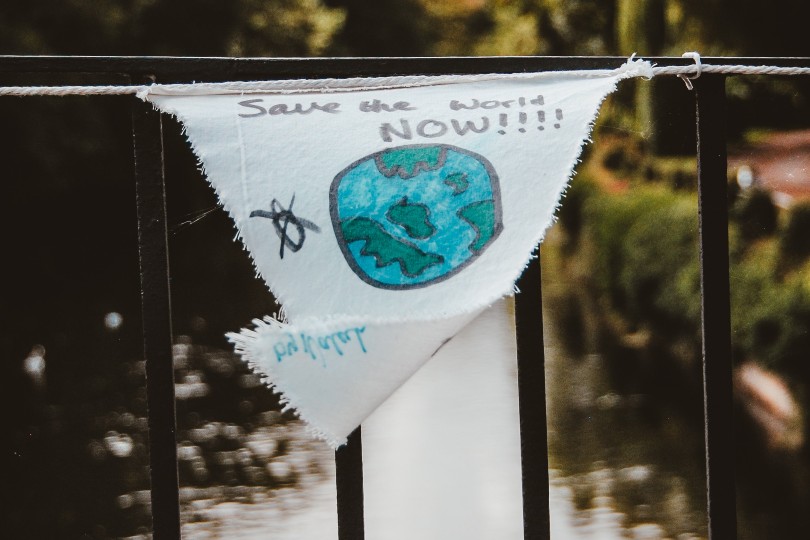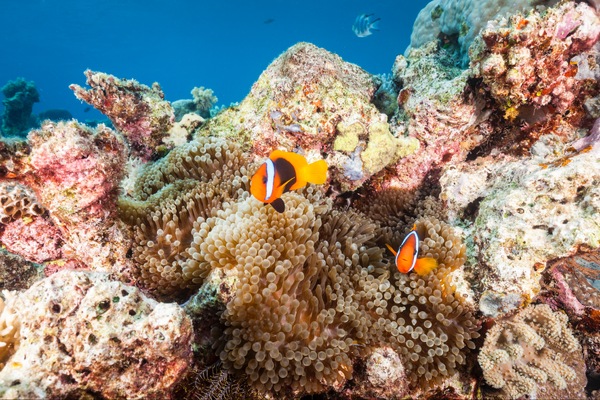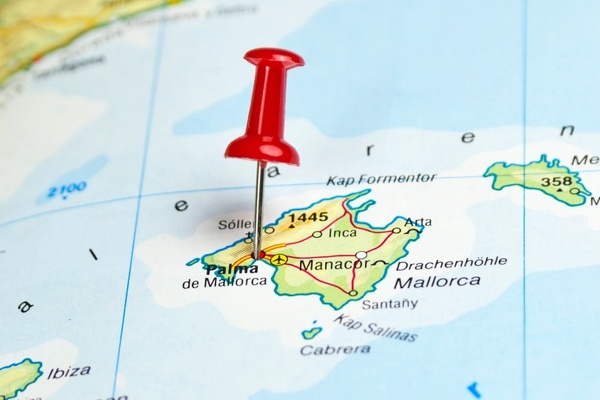‘Operators can be pivotal in travel's fight against climate change’
The world is heating up, with potentially grave consequences for travel and tourism, the communities it visits and supports and the environments it relies on. TerraVerde Sustainability’s Joanna Lawton explores the actions and mitigations firms can pursue to reduce risk and encourage solutions.
Nobody caught up in the wildfires that swept across Rhodes last summer will forget the devastating scenes, which prompted the largest evacuation effort in Greece’s history.
Climate change is reshaping our world, with profound effects for travel and tourism. Last summer, temperatures in the Mediterranean exceeded 45C – a region facing a triple crisis of climate change, biodiversity loss and environmental pollution. Some tourists are already starting to look elsewhere.
In other regions, rising temperatures will force species towards the poles or areas of higher elevation, where possible. This poses significant challenges for safari operators, with animals often geographically confined and unable to migrate.
In sub-Saharan Africa, experts predict that up to 40% of species in national parks could become endangered by 2080.
The ski industry also faces big challenges as rising temperatures shorten the season. According to Meteo-France, snow levels in February 2023 were at their lowest since 1961. And by 2028, around 50 resorts in the French Alps may lack sufficient snow to be viable.
Finally, with 50% of tourism reliant on the world’s coasts and marine habitats, rising sea levels are threatening coastal communities – assets central to tourism. Some 80% of tourism infrastructure in the Maldives lies just a metre above sea level, while ocean acidification is destroying the world’s coral reefs.
Climate change is fuelling an increase in extreme weather events, endangering lives and destroying infrastructure. This is leading to big rises in insurance premiums.
Insurance expenses for hotels have increased from 1% to 2% of Total Travel Value, reaching 5% in places like Florida. In California, some insurers are not willing to issue cover.
Gallagher Insurance reports that of the $360 billion (£280 billion) climate-related economic loss in 2022, insurance payouts covered only $140 billion (£110 billion).
Tools exist to help travel businesses analyse risk. In some cases, adaptations may be possible. Ski resorts can move higher or deploy snow machines. However, these solutions are costly and ultimately increase emissions.
Fortunately, nature-based solutions are often cost-effective. For example, mangroves can bolster natural sea defences and reduce the size of waves.
Getting ahead
The travel industry’s advantage lies in its ability to distribute wealth, supporting local eco-systems and communities. Operators can play a pivotal role by choosing products that drive positive change.
Such investments foster resilience, which can reduce indirect impacts of climate change, such as civil unrest stemming from economic uncertainty.
Soaring temperatures, meanwhile, are giving rise to cool tourism. CaixaBank found that between the 2019 and 2023 peak seasons, tourist spending growth slowed in Spain’s hottest regions. So, operators could choose to promote some destinations during shoulder seasons.
“Last chance to see tourism” is a destructive cycle, but it is estimated one sixth of the global population depends on tourism’s ability to transfer wealth so boycotts would be devastating.
Operators can help by supporting conservation so visitors to threatened areas not only bear witness to the destruction but become advocates for change.
Climate-conscious travellers are already opting for fewer and longer trips to minimise flying. Operators must promote their most environmentally-friendly offers to support this transition.
With tourism forecast to grow by 62% over the next 10 years, regulation is vital. In the EU, larger businesses will soon have to account for environmental impact as well as their financials. By 2030, all businesses will have to comply. Similar rules are coming in the UK.
So how can travel get ahead? Some businesses are building resilience by conducting climate risk analyses for key destinations and monitoring consumer trends and seasonal shifts.
They are also protecting their assets by supporting and giving back to communities impacted by tourism, and measuring – and reducing – the environmental impact of their businesses and products.
Joanna Lawton, marketing lead, TerraVerde Sustainability.
Sign up for weekday travel news and analysis straight to your inbox

Joanna Lawton
Supplier Directory
Find contacts for 260+ travel suppliers. Type name, company or destination.















